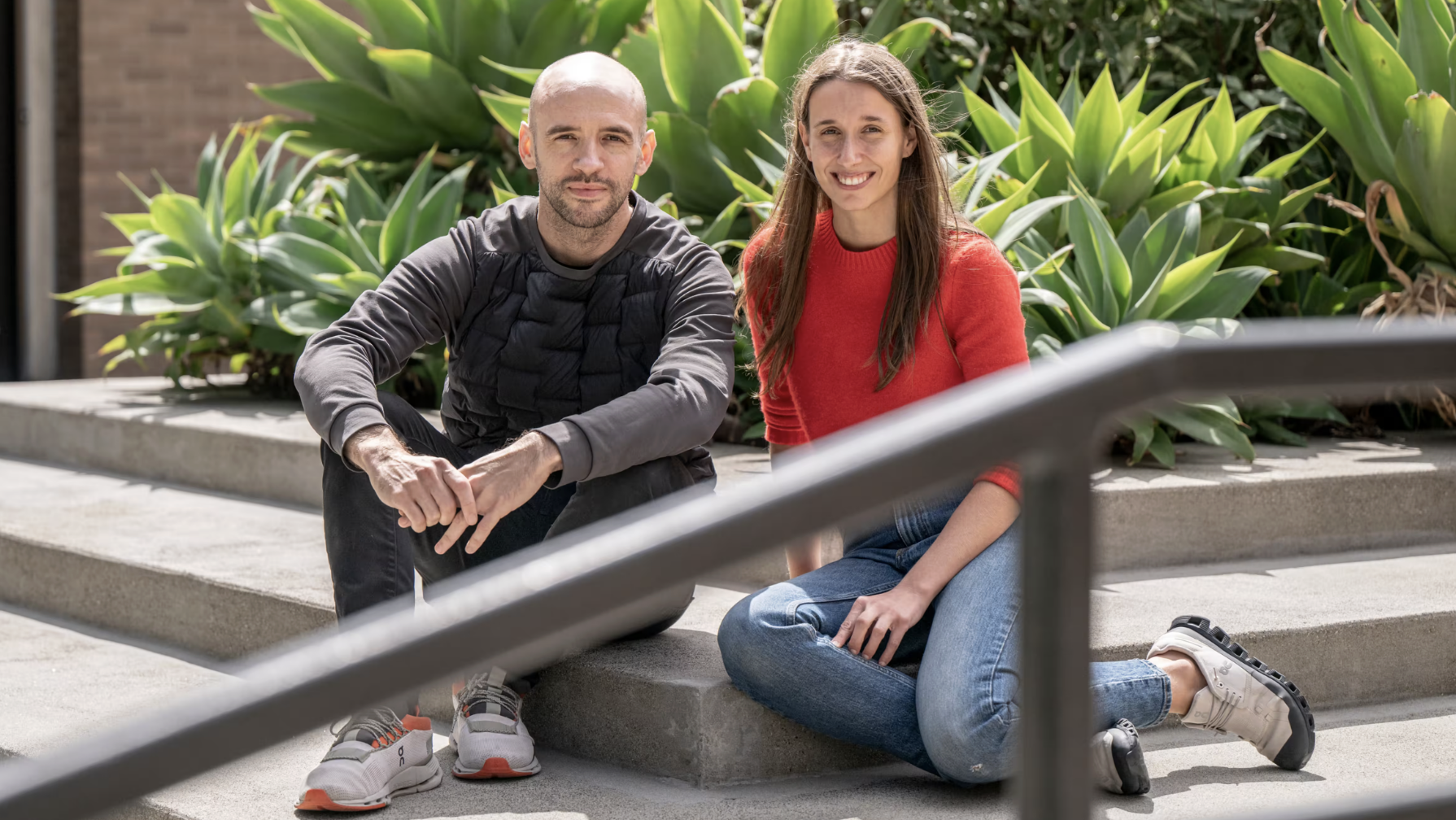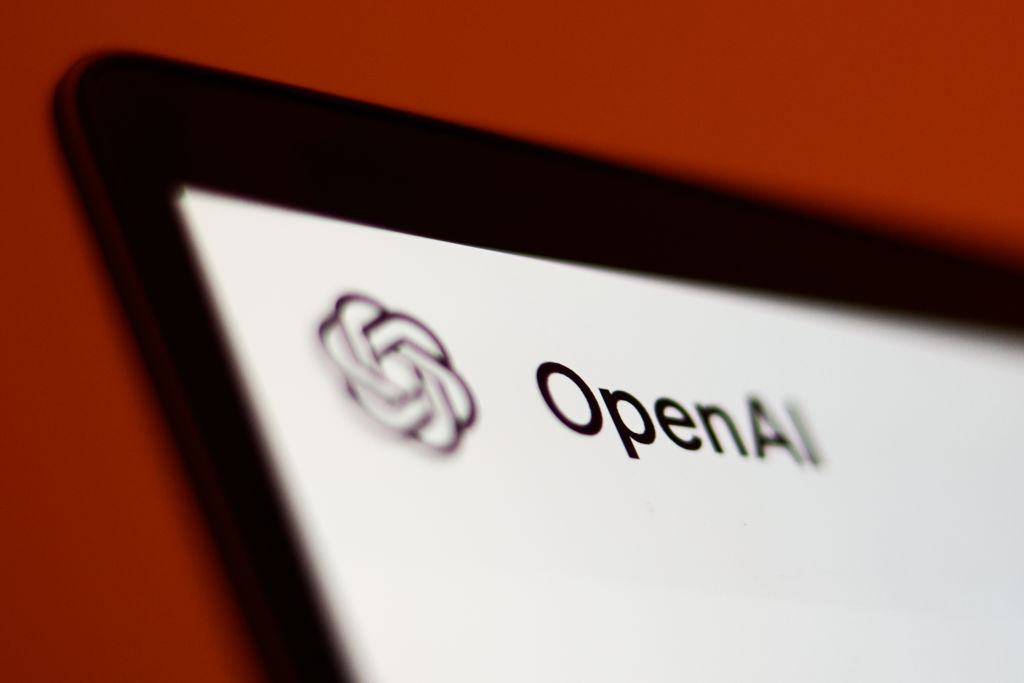
A significant legal skirmish is escalating within the vast and vital WordPress ecosystem, as Automattic, the company behind WordPress.com and a key contributor to the open-source project, recently filed extensive counterclaims against WP Engine, a prominent managed WordPress hosting provider. This latest development deepens a contentious lawsuit initially brought by WP Engine in October 2024, which had accused Automattic and its CEO, Matt Mullenweg, of defamation and an abuse of market influence. Automattic’s counter-filing now squarely places the focus on allegations of trademark misuse and deceptive marketing practices by WP Engine, claiming a fundamental disregard for the open-source community’s principles.
The Genesis of a Digital Confrontation
The roots of this legal entanglement trace back to a series of confrontational actions taken by Automattic in late 2024. The company, through its founder Matt Mullenweg, publicly condemned WP Engine, famously labeling the hosting provider a "cancer to WordPress." This strong rhetoric was followed by concrete steps, including the issuance of a cease-and-desist letter to WP Engine, alleging breaches of WordPress trademark usage guidelines. Further intensifying the dispute, Automattic banned WP Engine from accessing critical resources on WordPress.org, the official home of the open-source software. Amidst these actions, Automattic claims it attempted to negotiate a trademark licensing agreement with WP Engine, only to be met with what it describes as bad-faith negotiations and intentional delays.
WP Engine subsequently initiated legal proceedings, framing itself as the aggrieved party targeted by Mullenweg’s aggressive campaign. However, Automattic’s recent counterclaims paint a starkly different picture, portraying WP Engine as an entity that transitioned from legitimate fair use of the WordPress trademark to deliberate infringement, particularly after a substantial private equity investment.
Understanding the WordPress Ecosystem and its Core Values
To fully grasp the gravity of this dispute, it’s essential to understand the unique structure and values of the WordPress ecosystem. WordPress, launched in 2003, began as a simple blogging platform and has since evolved into the world’s most popular content management system, powering over 40% of all websites. Its success is largely attributed to its open-source nature, governed by the GNU General Public License (GPL), which allows anyone to use, modify, and distribute the software freely.
Crucially, the "WordPress" trademark is owned by the WordPress Foundation, a non-profit organization dedicated to ensuring the continued availability and development of the open-source software. Automattic, founded by WordPress co-creator Matt Mullenweg, plays a pivotal role in the ecosystem, managing the WordPress.com commercial hosting service, developing popular plugins like Jetpack and WooCommerce, and contributing significantly to the open-source project. While Automattic is a for-profit entity, its deep ties to the open-source project and its stewardship of the trademark on behalf of the foundation grant it considerable influence and responsibility.
WP Engine, on the other hand, emerged as a specialized managed hosting provider, catering specifically to WordPress users with optimized performance, security, and support. Its business model thrives on the popularity and ubiquity of WordPress. The tension in this lawsuit highlights the delicate balance between commercial ventures that benefit from open-source projects and their obligation to contribute back to the community and respect the intellectual property that underpins their success.
Automattic’s Allegations: Trademark Misuse and Deception
Automattic’s counterclaims focus heavily on what it describes as WP Engine’s systematic and deliberate trademark infringement. According to Automattic, a turning point occurred after the private equity firm Silver Lake invested $250 million in WP Engine. Following this investment, Automattic alleges that WP Engine began aggressively rebranding itself, shifting from merely hosting WordPress sites to actively implying a direct affiliation with or ownership of the WordPress brand.
Specific instances cited in the counterclaims include WP Engine’s adoption of slogans like "The WordPress Technology Company" and allegedly permitting its partners to refer to it as "WordPress Engine." Automattic also points to the launch of products with names such as "Core WordPress" and "Headless WordPress," asserting that these product titles blur the lines between WP Engine’s proprietary offerings and the foundational open-source software, potentially misleading consumers into believing these are official WordPress products or services.
Furthermore, Automattic alleges that WP Engine made unfulfilled promises regarding its commitment to the open-source community. The counterclaims assert that WP Engine claimed to its customers that it would dedicate 5% of its resources to supporting the WordPress ecosystem, a pledge Automattic claims was never upheld. This particular allegation strikes at the heart of the open-source ethos, where "giving back" is a fundamental principle for commercial entities benefiting from the community’s work. Automattic contends that WP Engine’s alleged trademark infringement was not accidental but a calculated move, further evidenced by its purported bad-faith negotiations for a licensing deal, which Automattic characterizes as a delaying tactic rather than a genuine attempt at resolution.
Private Equity’s Shadow: Silver Lake’s Alleged Influence
A significant and intriguing aspect of Automattic’s counterclaims is the central role ascribed to Silver Lake, the private equity firm. The filing implies that Silver Lake’s financial interests heavily influenced WP Engine’s alleged trademark violations. Automattic posits that WP Engine’s reluctance to enter into a licensing agreement and its aggressive branding strategies were driven by a desire to avoid paying licensing fees, which would inevitably impact the company’s earnings and valuation, thereby affecting Silver Lake’s anticipated return on investment.
The counterclaims go further, alleging that Silver Lake attempted to offload WP Engine at a substantial $2 billion valuation but struggled to find a buyer. Notably, Automattic’s filing states that these efforts included "overtures to Automattic" itself, suggesting a complex and perhaps strained relationship between the two entities prior to the public legal dispute. Automattic also claims that during this period, WP Engine degraded its consumer experience and product quality by removing essential features, purportedly in an attempt to cut costs and enhance its financial appeal to potential buyers. This narrative paints a picture of a company prioritizing financial metrics, potentially at the expense of community standards and user experience, under the guidance of its private equity investors.
Broader Implications for the WordPress Ecosystem
This high-stakes legal battle carries significant implications far beyond the two companies involved. The outcome could set precedents for how trademarks are managed and enforced within open-source projects, particularly as commercial entities increasingly build businesses around free software. It raises fundamental questions about fair use versus infringement, the responsibilities of commercial partners to the open-source communities they rely on, and the influence of private equity in shaping the strategic decisions of tech companies that operate within collaborative ecosystems.
For the millions of developers, agencies, and end-users who rely on WordPress, the dispute injects uncertainty into a foundational part of the internet. A clear resolution on trademark usage and community contributions could either reinforce the open-source model’s integrity or create new challenges for its sustainability. Experts in intellectual property law note that balancing the need to protect a trademark with the open, collaborative spirit of a community-driven project is a perennial challenge. The "WordPress" trademark is crucial for protecting the integrity and identity of the open-source project, ensuring that commercial entities do not dilute its brand or mislead users about their affiliation.
Looking Ahead: The Path of Litigation
WP Engine has responded to Automattic’s counterclaims by reiterating its stance. In a statement, the company affirmed its belief that its use of the WordPress trademark is "consistent with longstanding industry practice and fair use under settled trademark law" and expressed its commitment to defending against what it calls "baseless claims." This indicates that both parties are entrenched in their positions, signaling a potentially protracted legal battle.
The courts will now be tasked with navigating the intricate interplay of trademark law, open-source principles, and commercial practices. The dispute will likely involve extensive discovery, legal arguments concerning the interpretation of fair use in a digital context, and a deep dive into the business strategies and communications of both companies. As the legal proceedings unfold, the broader WordPress community will be closely watching, as the resolution of this conflict could profoundly shape the future landscape of the internet’s most popular content management system and the relationship between its open-source core and its diverse commercial partners.






